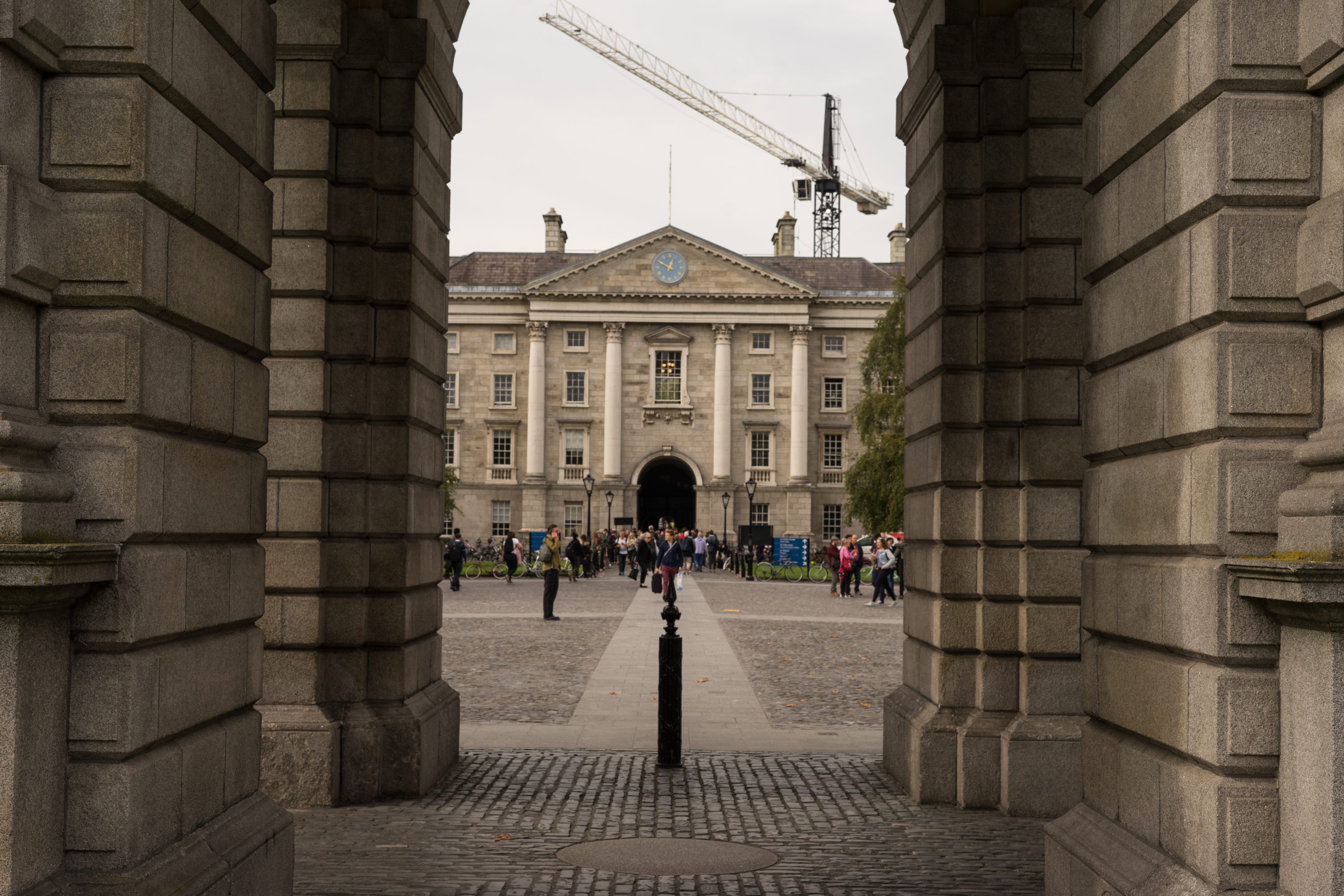A higher education seminar at the Institute of International and European Affairs addressed the recent fall in global rankings of Irish universities. Trinity lost its top 100 status in the QS World University rankings while University College Dublin (UCD), Dublin City University (DCU) and National University of Ireland Galway (NUIG) also experienced a serious decline in global rankings.
Speaking at the event, Dr Graham Love, chief executive of the Higher Education Authority, addressed the decreased amount of state investment for the higher education sector in contrast to the increasing number of students attending third level. He also warned that: “Higher education and research will continue to underpin Ireland’s economic and social development but only where we have a sustainable funding model. We do not have one at present.”
Love continued to further describe Ireland’s current funding model as “not sustainable” and contrasted the €2 billion spent in 2009 on third level education with the €1.3 billion made available in 2016, a decrease of 38%. He focused on the cost of educating undergraduate students and estimated this at €9,200. Love noted the funding challenges increased enrolment entailed, “for every new place that we wish to create in our system, we need to ensure that money is also provided if we do not wish quality to be threatened,” and highlighted the remaining €6,200 in funding that needed to be sourced after the student’s contribution charge of €3000 was considered.
Also present at the seminar was Mary Mitchell O’Connor, Minister for Higher Education. Describing the university rankings system as flawed, Mitchell O’Connor, however, acknowledged the international impression the rankings give of the university system in Ireland.
Mitchell O’Connor drew attention to the rankings failure to assess quality of teaching or programs to overcome educational disadvantage but did however express intentions to improve Ireland’s international rankings: “We need to be able to explain better the factors driving performance, highlighting where we believe the approach could be improved.”
Her remarks, however, did not linger on the issue of higher education funding. She stated that the Department of Education was working on the recommendations of the government’s higher education funding working group report better known as the Cassells report and that steps were being taken.
Speaking at the same event, however, Peter Cassells, author of the report, said a decision was required soon on the reports findings: “We are probably coming to the stage where decisions need to be made”.
Senior figures within the education sector say decades of under-investment, hiring caps on staffing and increased student enrollment are to blame for the declining standards of Irish universities. In a recent statement after the published QS World University rankings, Dean of Research, Professor Linda Doyle said: “While Trinity continues to do world-class research, attract international staff and students, partner with industry, and deliver a strong education, this is no longer enough when far better funded universities internationally are storming ahead. Irish universities are sliding because we can’t compete on funding.”







